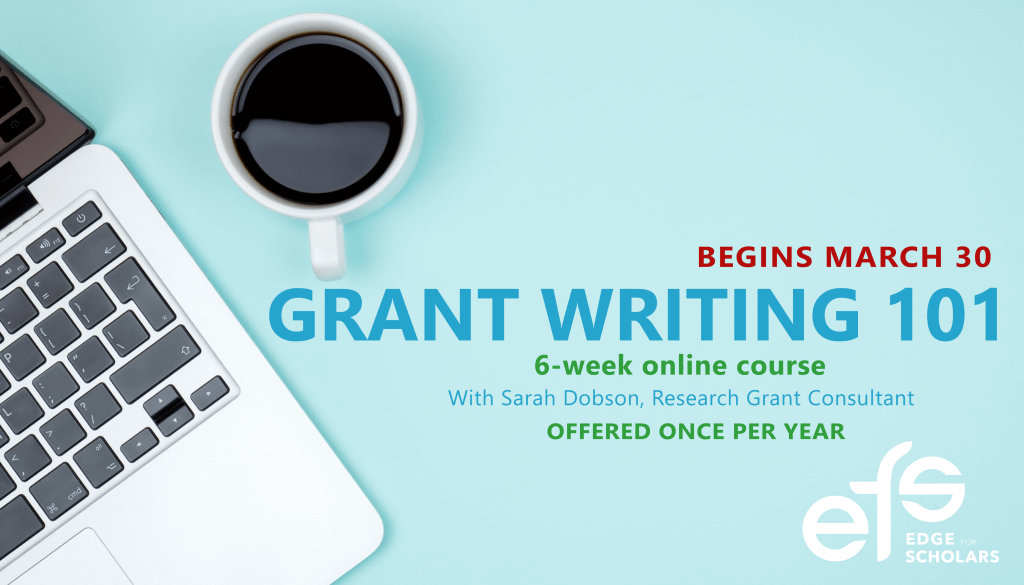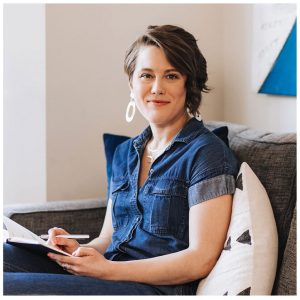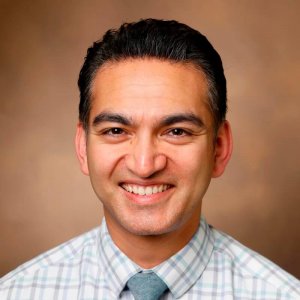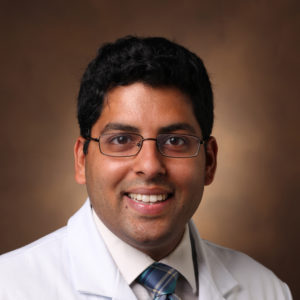Couse includes:
- 6 video lessons teaching you key grant writing strategies and frameworks for biomedical research grant applications
- Access to a grant-writing expert via the course platform to answer your questions about the curriculum
- Weekly emails to help you follow along with the material and keep you accountable
By the end, you’ll be able to confidently submit a clear, compelling, and persuasive proposal.
Sarah Dobson teaches you the principles and frameworks behind highly competitive grant applications. As a research grant consultant and academic editor, she consistently receives strong ratings for this course that has grown out of more than 18 years of experience working with clinical and translational scientists on grants and academic publications. More than 8,000 researchers have taken this course, and 98% would recommend it to a colleague.
REGISTER FOR WORKSHOP
Encourage your mentees to complete Research Grant Writing 101.
Over 8,000 researchers have taken this workshop, and 98% would recommend it to a colleague.

Lesson 1
- The core components of most biomedical research grant applications, so that you can understand the purpose of each section and structure your proposal effectively
- How to think strategically about your goals for each component of the application, so that every part of your proposal works together to strengthen your case for funding

Lesson 2
- Strategies to ensure that you’re submitting a competitive application, so that you don’t waste time pursuing ideas that aren’t likely to be funded
- How to use the guidelines and instructions to write a more compelling grant, so that you can align your proposal with exactly what reviewers are looking for
- Why scheduling is just as important as planning

Lesson 3
- When to ask for feedback on your application, so that you get input at the optimal times in your writing process
- How to make the request so you actually get useful feedback, so that colleagues provide specific, actionable suggestions rather than vague comments
- How to use (or not use) the feedback you get, so that you can strengthen your proposal without compromising your research vision

Lesson 4
- How to break down your grant writing into manageable chunks, so that you can avoid overwhelm and make steady progress
- Why scheduling is just as important as planning, so that you can ensure your grant is completed with time for review before the deadline

Session 5
- How to make your proposal more appealing to reviewers, so that they become advocates for your project during the review process
- How (and why) to strategically frame your research, so that reviewers immediately grasp the significance and potential impact of your work

Session 6
- A framework for identifying and addressing weaknesses in your proposal, so that you can anticipate and respond to potential criticisms before submission
- Tips to make your grant easier and more exciting for your reviewer to read, so that your application stands out positively in a stack of proposals
Sarah Dobson, Research Grant Consultant, is an editor, grant writer, and writing coach based in Vancouver, BC.
Sarah has an MSc in community health from the Université de Montréal. She has worked in research management and grant facilitation in academic institutions across Canada for more than a decade.
As a grant consultant and academic editor, she consistently receives strong ratings for this workshop that has grown out of more than 18 years of experience working with clinical and translational scientists on grants and academic publications.
Over 2,500 researchers have taken this workshop, and 98% would recommend it to a colleague. Participants have praised the “fresh perspective” and specific tools, templates, and guidelines that are easy to apply to grant writing. As one writer said, “I know my content, but I struggled with communicating it. This workshop really helped me to see through my reviewer’s eyes.”
Many have been so encouraged by the online community that they finished drafts of their grants more than a month before the deadline, allowing time for internal feedback.
[This course] gave me the tools to be confident during writing my grant. It was a comprehensive workshop with flexibility, reminders, and motivation.
~ Workshop Participant
[This course] improved my scientific writing and gave me tools to succeed. It was laid out in a way that was simple and easy to understand.
~ Workshop Participant
My collaborators complimented me on areas of my grant that the course specifically recommended clarifying tips for.
~ Workshop Participant
Assistant Professor
- K23
Assistant Professor
- R01 Recipient
Research Assistant Professor
- R03
Assistant Professor
- ASCI Physician Scientist Award






